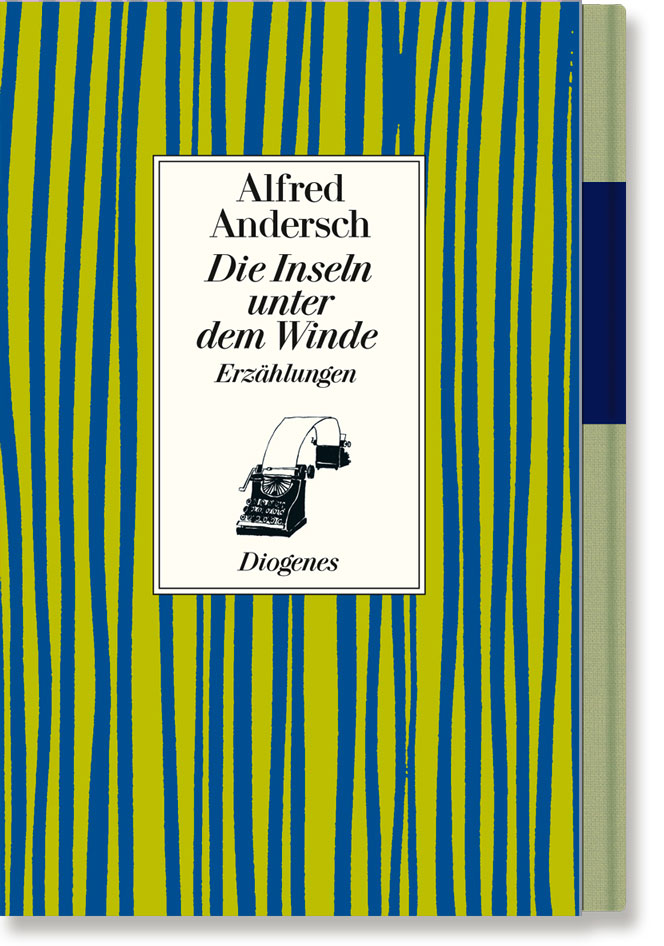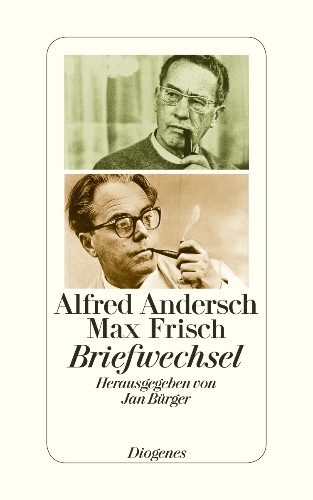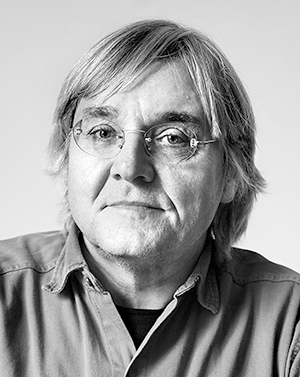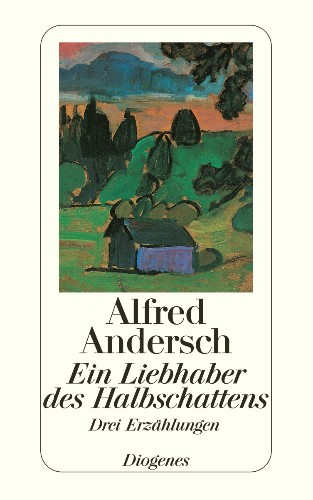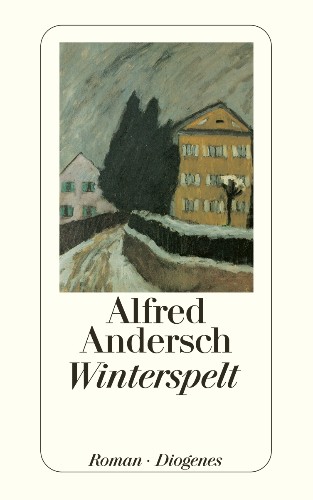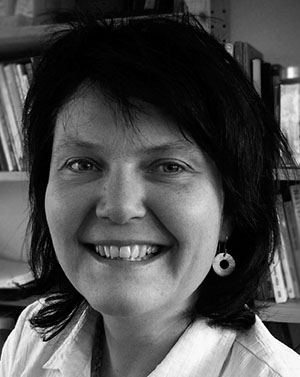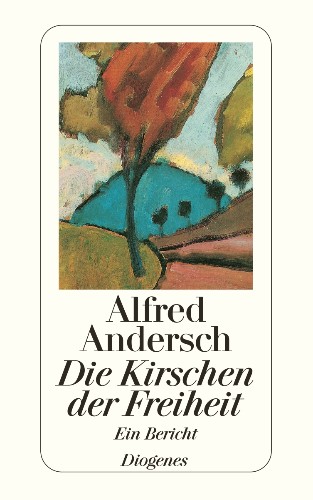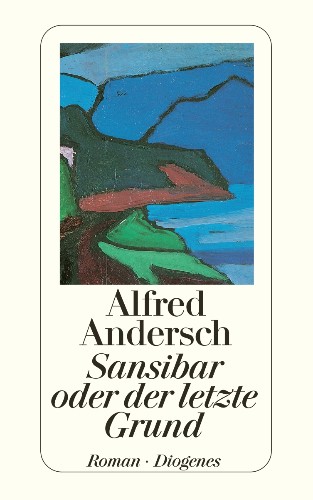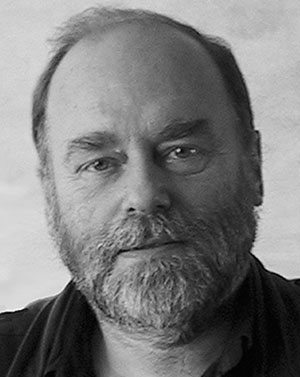Search results „am seil”
Blogposts (530)
»Er hat sowohl das eigene als auch das Leben anderer hochgeschätzt. Darin ist er mir ein Vorbild.« Erich Hackls neues Buch ›Am Seil‹
Vom verbindlichen Glanz der Literatur Erich Hackls
Bücher gegen das Vergessen
Eine Autorin – eine Stadt: 5 Sommertipps für Zürich von Seraina Kobler
Die Freundschaft zwischen Jörg Fauser und Carl Weissner in Briefen von 1971-87
Books and authors (6)
Filter
Author (1)→
Genre →
Further readings
Further readings
Further readings
Further readings
Further readings
Further readings

